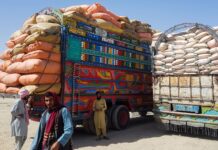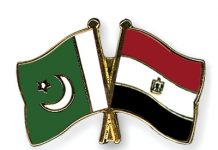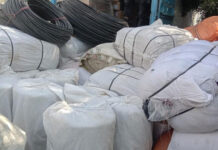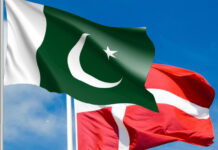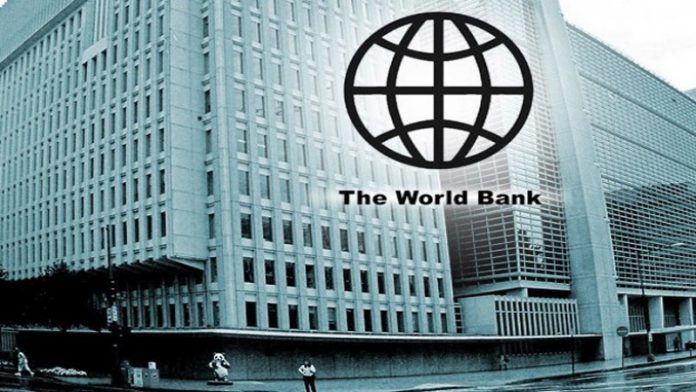The World Bank Board has approved $600 million in financing to continue supporting the revival of the micro-enterprises that were destroyed or badly damaged by the devastating earthquakes that hit Türkiye in February 2023.
The aim of the Türkiye Small Industrial Estates Reconstruction and Regional Economic Recovery Project is to help revitalise economic activity in four of the 11 provinces that were badly impacted by the earthquakes. The project will finance the establishment of seven small industrial estates (SIEs) that will be home to 1,600 micro-enterprises that produce crafts and goods or provide services.
The new SIEs will also be designed for resilience against future earthquakes, other natural disasters, and adverse impacts of climate change, and will include energy and water efficiency measures. The SIEs will generate solar energy to power the micro businesses they host, with an estimated 147,030 metric tons per year of carbon emissions expected to be reduced.
“The World Bank is committed to supporting Türkiye in its efforts to rebuild the earthquake-affected communities. We know well that the ongoing efforts from the enormous devastation will span several years and will require considerable resources. This project is a continuation of our work to restore livelihoods and economic recovery of the affected areas,” said Humberto Lopez, World Bank Country Director for Türkiye.
About 15% of Türkiye’s micro, small and medium enterprises (MSMEs) are located in the earthquake-affected provinces and many of them are based in industrial estates, which offer a range of facilities and services to MSMEs, such as affordable spaces for their operations, shared resources, infrastructure such as roads and transportation, utilities as well as access to credit.
“The Project addresses the overwhelming need to restore the economic activities of MSMEs that suffered tremendous losses in terms of human and physical capital. It will also provide financial support for MSMEs to build their premises in a climate- and earthquake-resilient manner,” said Stefka Slavova, Lead Economist and one of Project Team Leaders.
The Project follows the Post-Earthquake MSME Recovery Project, which provided financing to cover urgent operating expenses of MSMEs in the earthquake-affected areas.


